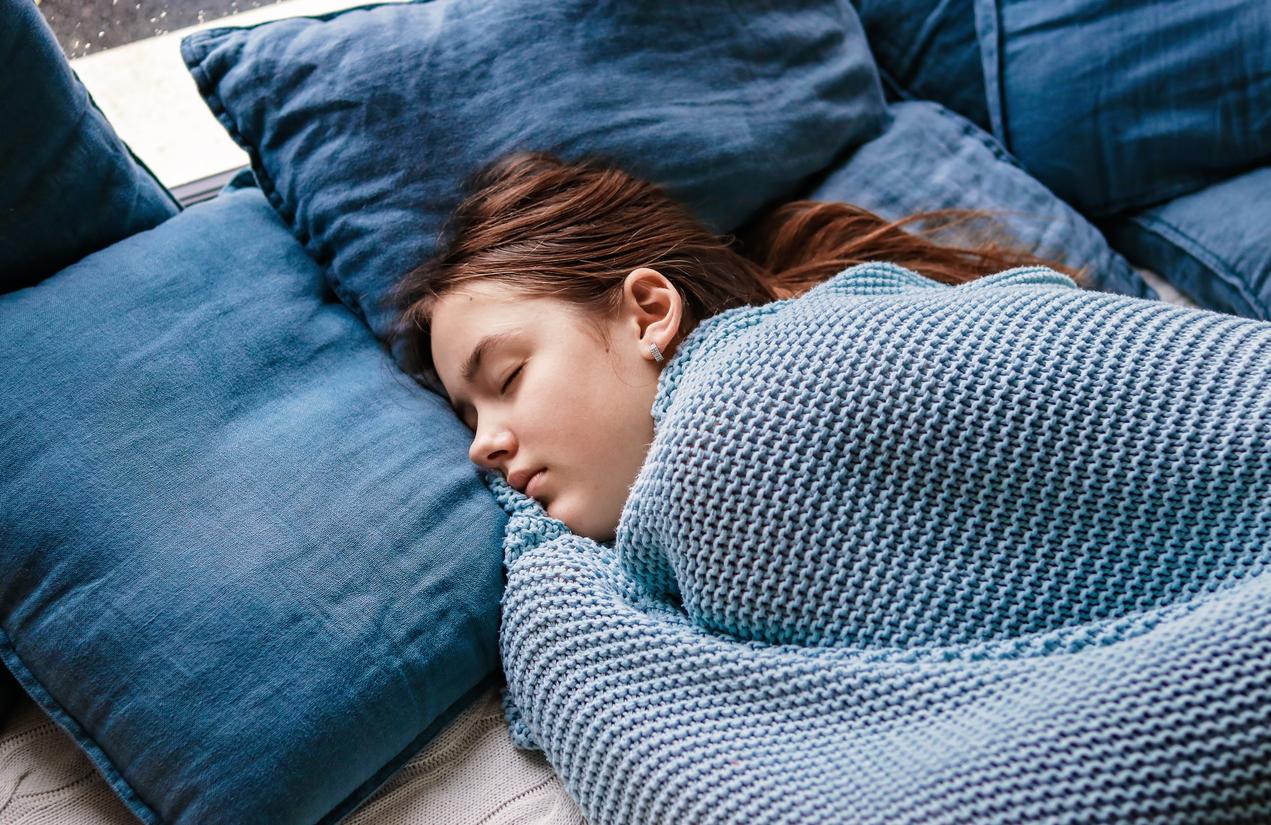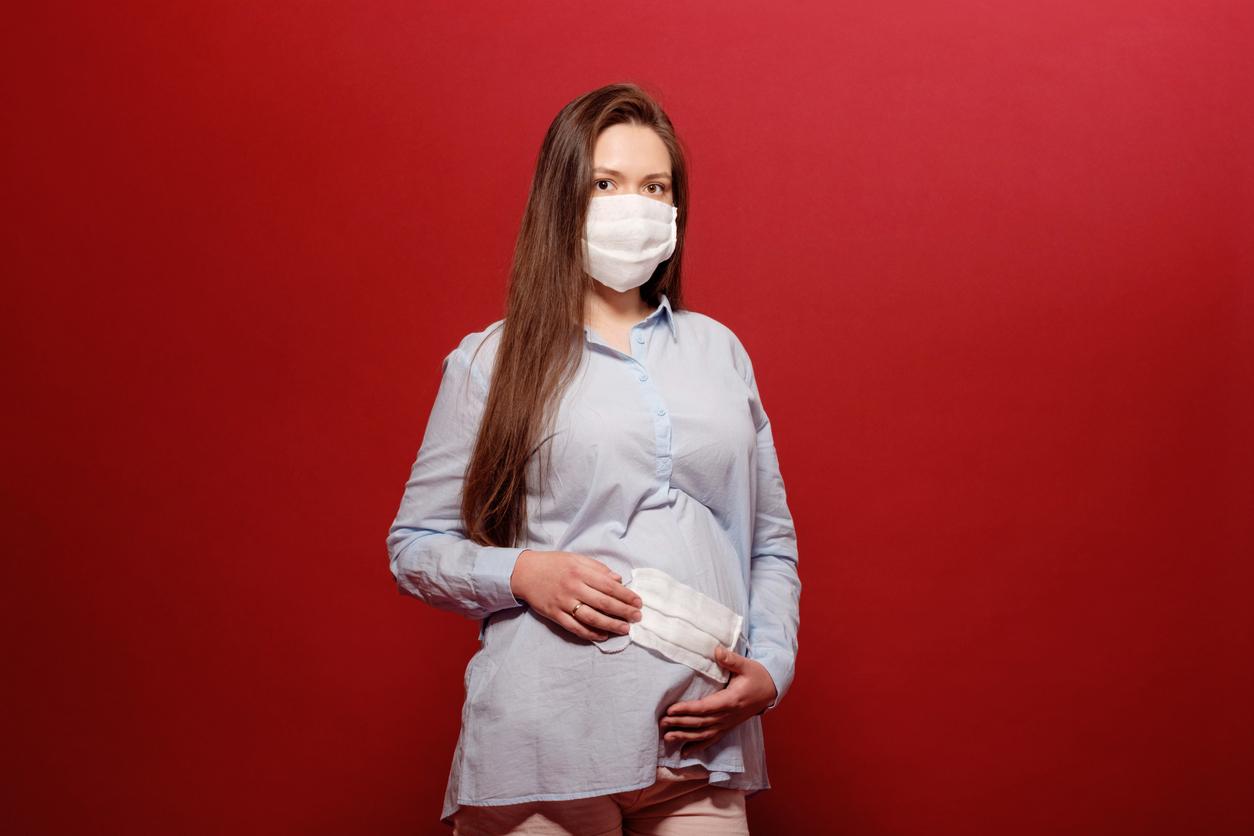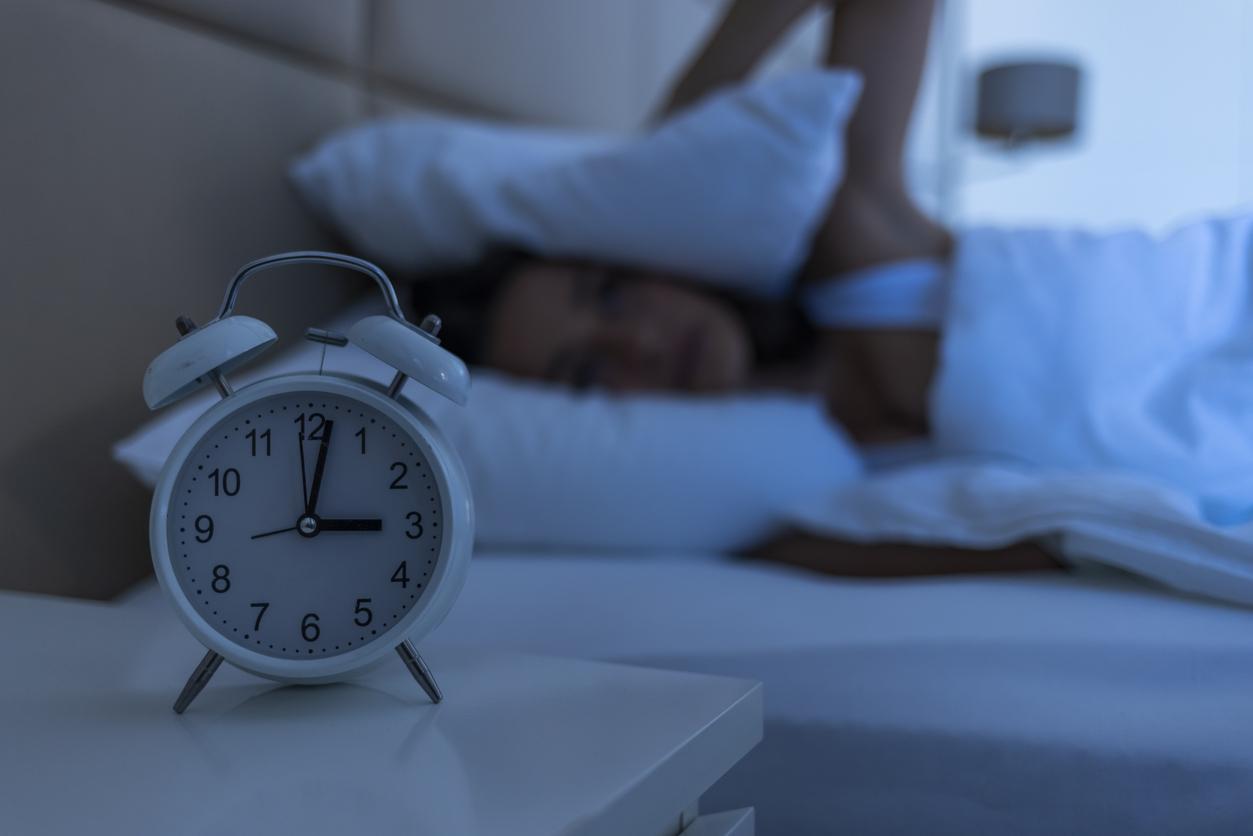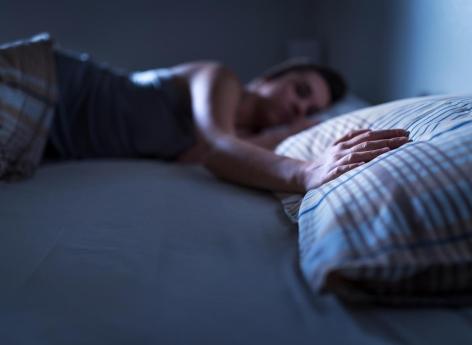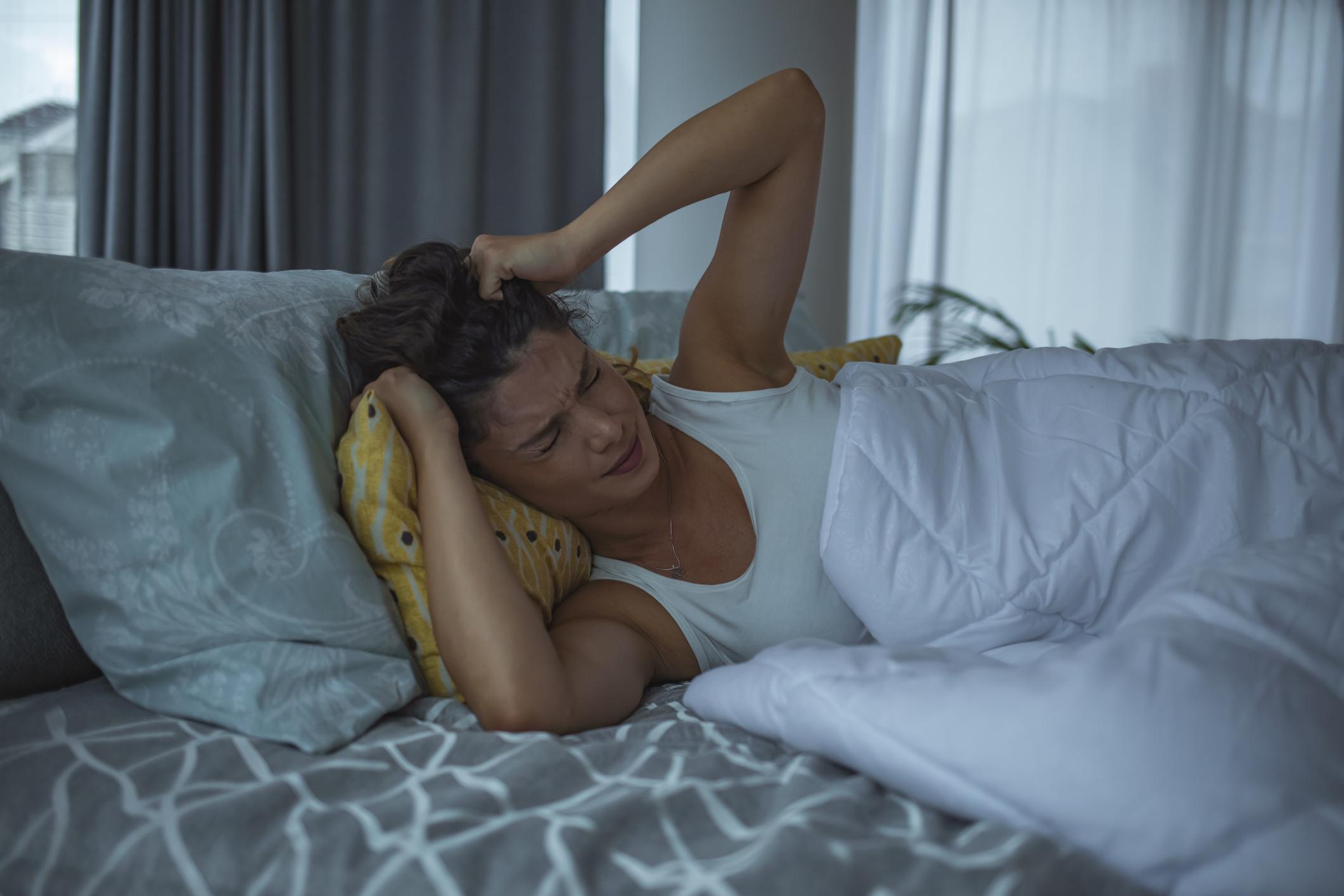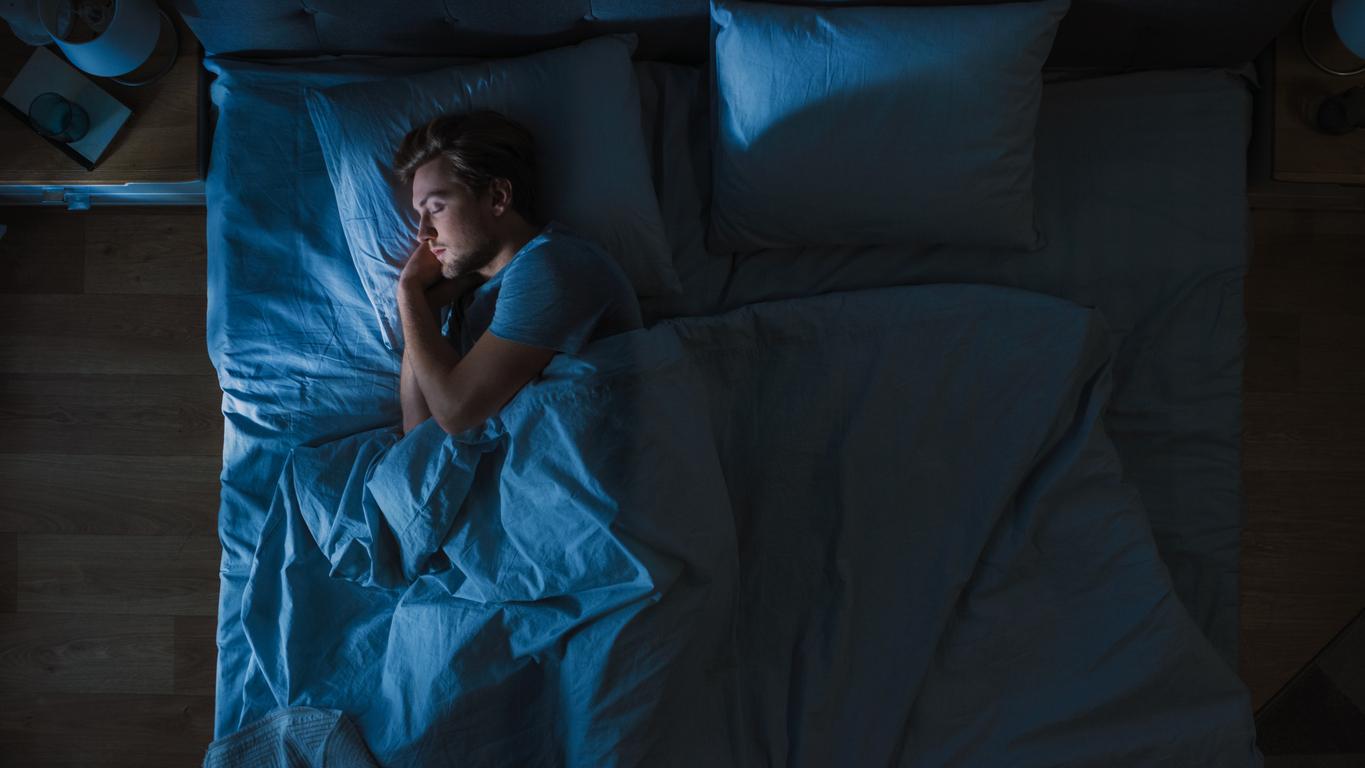Make him sleep in his parents’ room
Many parents choose to put their child’s bed in their bedroom during the first few weeks: they are more quickly with their toddler if he starts to cry, they hear his reassuring breathing, the mother is away. next to her baby and can breastfeed more easily … Other parents choose to have their baby sleep right away in his own room, leaving the doors open to hear him at all times.
What we know. After 3 months, the baby’s eyesight improves, he gradually adapts to his environment, to lights, to smells. He’s starting to sleep through the night. It is often the right moment … to give him his place as a child: he has acquired new points of reference that allow him to take the plunge and go to his room.
What is true. Sleeping alone is to apprehend separation from adults, to overcome their anxieties, to look outwards, to grow. Between 3 to 6 months comes the right time to leave Mom and Dad’s room.
What is important to do. Having your own space is important, but it’s also a little worrying. Spending time with baby before bedtime, ritualizing sleeping time with a nursery rhyme or lullaby can help the baby to settle into sleep slowly, serenely, in his nursery. A hug, a song or even sweet words whispered in his ear, everything is good for him to soak up parental love and feel a sense of security.
Co-spleeping: avoid!
Apart from the fact that sleeping with your baby can be dangerous (risk of suffocation in particular), this creates a closeness between him and his parents which risks settling down over the days, quite simply because Baby, happy as a king and extremely secure in the arms of Mum or Dad, can take a liking to it. Then it’s hard to praise her the merits of quiet nights in her own bed! This does not mean that you should not adopt a progression and make exceptions (during nightmares, teething or illness), but by definition the parents’ room is not an insignificant place: it is the room of the parents. two adults who also needregain their privacy.
The best position for baby
Studies have shown that sleeping babies on their backs greatly reduces the risk of Sudden Infant Death Syndrome. This is why babies should only be lying on their stomachs if there is a specific medical indication. “When it is on its stomach, the baby can easily breathe the air it has just exhaled, which will lead to hypoventilation”, explains Dr Bernard Bedouret, pediatrician. “In addition, heat exchanges are reduced by the prone position: fever or an overheated environment may cause the temperature to rise dangerously”, detail Dr Dominique Leyronnas and Catherine Piraud-Rouet in “Le Guide de mon bébé au naturel”. “For example, a simple cold exposes a baby who has become accustomed to sleeping on his stomach to the double risk of high fever and respiratory discomfort. Sleeping on your side using a baby wedge is also not recommended because the little end, in an uncomfortable position, will want to come off and may end up on your stomach. After several months, when the child is able to roll over on his own on his stomach, there is no point in trying to put him back on his back.
The right baby bedding
Until the age of 2, the child must sleep:
– in a rigid bed with bars;
– on a firm mattress but not too hard either, well suited to the dimensions of the bed to prevent the baby from getting stuck between the mattress and the frame;
– without pillow, sheet, quilt, or soft objects such as fluff to prevent him from burying his head in them. On the contrary, the child must have a clear face;
– in a sleeping bag or sleeping bag.
“The child must not be trapped in his bedding”, comments Dr Bedouret, pediatrician. The cot bumper can be dangerous, choose one that is not too padded as the baby will tend to nestle his little head in it. Finally, in a study presented in March 2011 and devoted to the unexpected deaths of infants under 2 years of age, the National Institute for Public Health Surveillance (INVS) advises against, in addition to baby wedges, anti-flat head pillows sold commercially. for children under 4 months. They “can end up buried in the pillow,” say the authors of this study.










